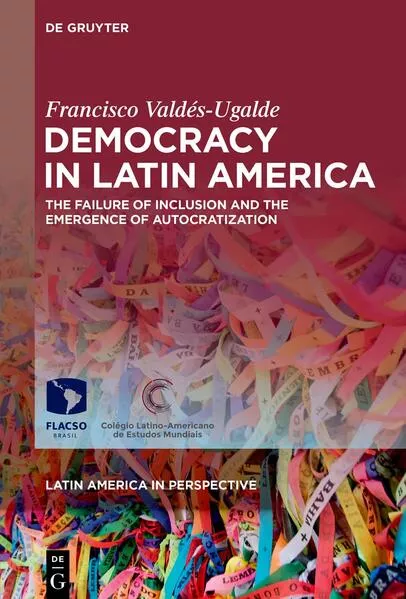
- Publikationen ca: 4
- Fragen & Antworten
Francisco Valdés-Ugalde
Francisco Valdés-Ugalde, National Autonomous University of Mexico, Mexico City, Mexico.
Democracy in Latin America
Between 1978 and 2006, most Latin American countries joined the "third wave of democracy". However, as elected governments were set in place all over the region, authoritarian actors often managed to overshadow democratic procedures and preserve their authoritarian enclaves, hindering the transformation of the state and the advancement of citizens’ fundamental rights.
Democracy in Latin America
Between 1978 and 2006, most Latin American countries joined the "third wave of democracy". However, as elected governments were set in place all over the region, authoritarian actors often managed to overshadow democratic procedures and preserve their authoritarian enclaves, hindering the transformation of the state and the advancement of citizens’ fundamental rights.
Democracy in Latin America
Between 1978 and 2006, most Latin American countries joined the "third wave of democracy". However, as elected governments were set in place all over the region, authoritarian actors often managed to overshadow democratic procedures and preserve their authoritarian enclaves, hindering the transformation of the state and the advancement of citizens’ fundamental rights.
Democracy in Latin America
Between 1978 and 2006, most Latin American countries joined the "third wave of democracy". However, as elected governments were set in place all over the region, authoritarian actors often managed to overshadow democratic procedures and preserve their authoritarian enclaves, hindering the transformation of the state and the advancement of citizens’ fundamental rights.



